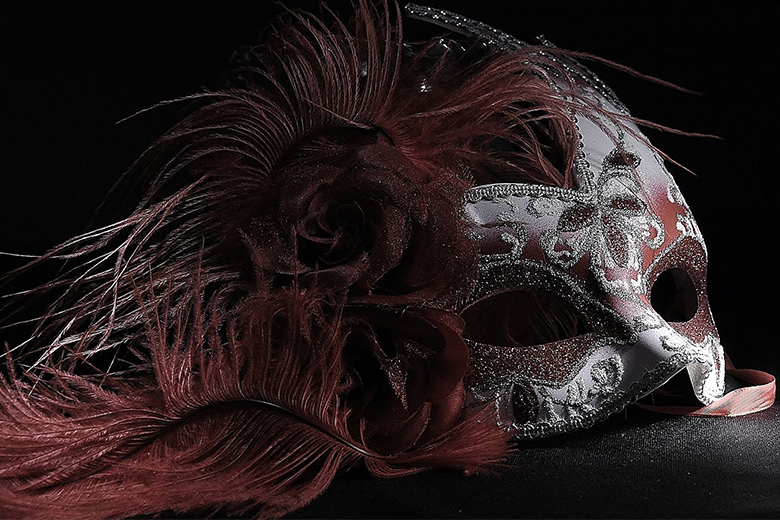In the movie, we see a fearless General, ready for whatever comes in the way... Is it? Actually, no. He is consumed by guilt, really thinking that he doesn’t deserve all the medals and achievements he has. Even when he no longer has his ‘special medal’ to protect him (we have to see how ‘special’ was... Maybe it was something to lift his self-confidence, like the ‘beauty patch’, or the trick that Harry Potter plays on his friend Ronald) and fights along with Manolo, almost sacrificing himself on the way, he doesn’t feel himself worthy of a medal anymore.
This kind of thinking, self-doubting your competence and capacities, the overwhelming feeling that you don't deserve your success, is what we call ‘Impostor Syndrome’. As Joaquin, people that suffer this syndrome doubt their abilities, feeling like an actor with some pretty pilot costume, but that doesn’t know how to fly the plane. And worst of all, they fear for someone to ‘discover the fraud’.
This Syndrome is characterized by a fear of failure, low self-confidence, and a fear and/or guilt about success, among other things. A very peculiar thing I caught about this characteristics, is that it creates what is called ‘the impostor cycle’, the never-ending story of getting more doubtful of one's' abilities with every success achieved, and more fearful that the ‘fraud will get caught’. This tends to result in people not taking chances and opportunities to prove themselves, temporarily stopping the cycle.
A big fear of failure and the need to be the very best, driven by the idea they are a fraud, can lead people to reach even higher than expected when completing a task. Some people with impostor syndrome can set themselves extremely challenging goals, and suffer disappointment when they do not achieve them.
There's no treatment for this, given that it is a psychological matter, but some say that talking with trusted friends about your problem may help (a person that had this same problem, but overcame it, can help much too). Some say that documenting accomplishments are a step to ridding yourself of the problem. But the general point is to have a change of mind here, believing in yourself...
So, what do you think? Will Joaquin change his mindset someday and boost his self-confidence?
